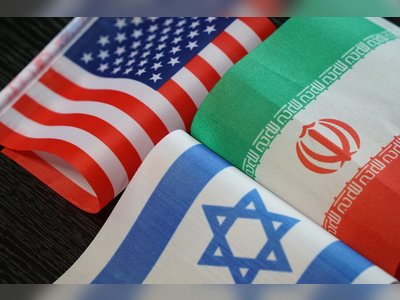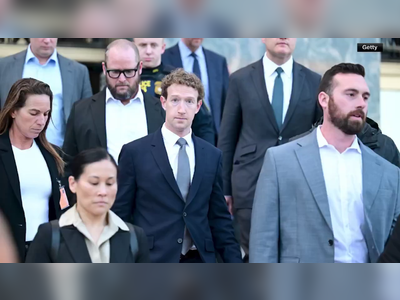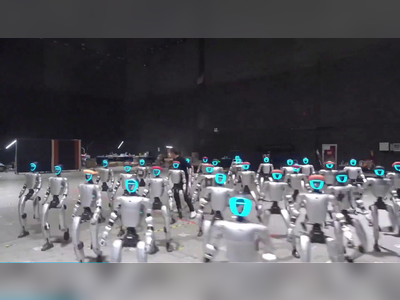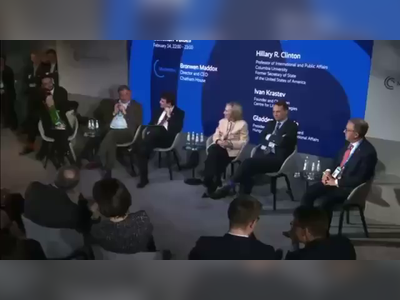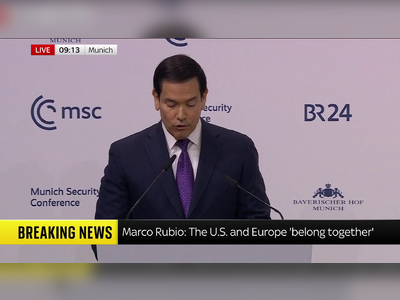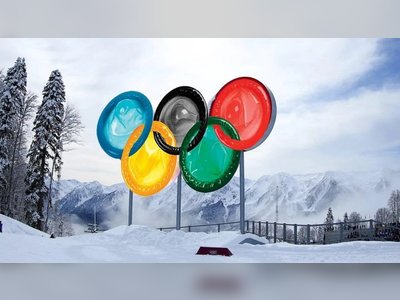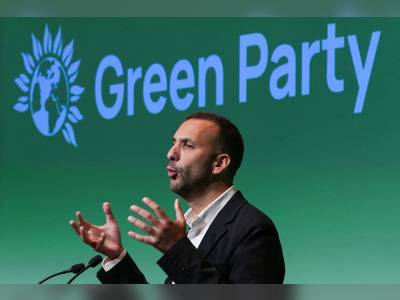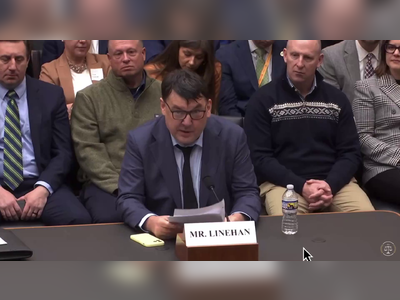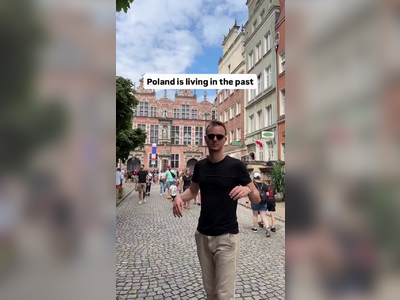
Political Developments in Serbia: Opposition's Strategy and Student Movements
Analysis reveals potential plans by Serbian opposition leaders regarding a transitional government amid ongoing student protests.
Recent discussions among Serbian opposition leaders Dragan Đilas, Zdravko Ponoš, and Miloš Jovanović have led to the proposal of creating a transitional government.
This strategy has been met with differing opinions among student protesters, particularly those involved in blockades at universities across Serbia.
1. It is reported that Đilas, Ponoš, and Jovanović have held consultations and agreed on the need for a transitional government to address the current political climate in Serbia.
2. The student blockaders are anticipated to receive a two-week ultimatum to accept this proposed government structure.
3. There exists significant division among the blockading student groups regarding the acceptance of a transitional government, particularly within those affiliated with the Faculty of Law in Belgrade, who are reportedly under pressure from the Democratic Party of Serbia (DSS).
In contrast, resistance is strong among students from the Faculty of Political Sciences, the Faculty of Organizational Sciences, the Medical Faculty, the Agricultural Faculty, the Faculty of Economics, and notably from the Faculty of Dramatic Arts, where protests have been initiated against the proposal.
4. The aforementioned opposition leaders have reportedly decided to exclude certain figures from the transitional government discussions, notably Ćuta, the Green-Left Front, and Sava Manojlović, with particular resistance noted against Manojlović's involvement.
5. The strategy involves offering student representatives 20% of the positions in the transitional government and an equivalent percentage for a public proclamation, with the three leaders retaining 60% of the positions.
6. Anticipating rejection from the students, it is expected that in the first week of April, the opposition will publicly criticize the student protests as lacking effectiveness, stating that radicalization is necessary for progress.
7. Concurrently, plans are reportedly in place to initiate further actions, including potential violent disruptions at private television stations such as Informer, Hepi, Pink, and Prva, alongside blockades of significant infrastructure such as Nikola Tesla Airport and the Belgrade-Niš highway, as well as oil refineries in Pačevo.
8. The opposition may also resort to targeting journalists and editors of these media outlets, bringing their concerns to the schools attended by their children.
9. There are speculations about a possible false flag operation involving a staged attack on any of the three leaders, potentially portraying them as victims to garner public sympathy.
10. The opposition appears optimistic that escalating violence could lead to international intervention from NATO forces, which may be framed as a necessary action for liberation from the current government's authority.
The unfolding situation reflects the complexities of Serbia's political landscape, particularly regarding the opposition's strategies and the role of student movements.
This strategy has been met with differing opinions among student protesters, particularly those involved in blockades at universities across Serbia.
1. It is reported that Đilas, Ponoš, and Jovanović have held consultations and agreed on the need for a transitional government to address the current political climate in Serbia.
2. The student blockaders are anticipated to receive a two-week ultimatum to accept this proposed government structure.
3. There exists significant division among the blockading student groups regarding the acceptance of a transitional government, particularly within those affiliated with the Faculty of Law in Belgrade, who are reportedly under pressure from the Democratic Party of Serbia (DSS).
In contrast, resistance is strong among students from the Faculty of Political Sciences, the Faculty of Organizational Sciences, the Medical Faculty, the Agricultural Faculty, the Faculty of Economics, and notably from the Faculty of Dramatic Arts, where protests have been initiated against the proposal.
4. The aforementioned opposition leaders have reportedly decided to exclude certain figures from the transitional government discussions, notably Ćuta, the Green-Left Front, and Sava Manojlović, with particular resistance noted against Manojlović's involvement.
5. The strategy involves offering student representatives 20% of the positions in the transitional government and an equivalent percentage for a public proclamation, with the three leaders retaining 60% of the positions.
6. Anticipating rejection from the students, it is expected that in the first week of April, the opposition will publicly criticize the student protests as lacking effectiveness, stating that radicalization is necessary for progress.
7. Concurrently, plans are reportedly in place to initiate further actions, including potential violent disruptions at private television stations such as Informer, Hepi, Pink, and Prva, alongside blockades of significant infrastructure such as Nikola Tesla Airport and the Belgrade-Niš highway, as well as oil refineries in Pačevo.
8. The opposition may also resort to targeting journalists and editors of these media outlets, bringing their concerns to the schools attended by their children.
9. There are speculations about a possible false flag operation involving a staged attack on any of the three leaders, potentially portraying them as victims to garner public sympathy.
10. The opposition appears optimistic that escalating violence could lead to international intervention from NATO forces, which may be framed as a necessary action for liberation from the current government's authority.
The unfolding situation reflects the complexities of Serbia's political landscape, particularly regarding the opposition's strategies and the role of student movements.
AI Disclaimer: An advanced artificial intelligence (AI) system generated the content of this page on its own. This innovative technology conducts extensive research from a variety of reliable sources, performs rigorous fact-checking and verification, cleans up and balances biased or manipulated content, and presents a minimal factual summary that is just enough yet essential for you to function as an informed and educated citizen. Please keep in mind, however, that this system is an evolving technology, and as a result, the article may contain accidental inaccuracies or errors. We urge you to help us improve our site by reporting any inaccuracies you find using the "Contact Us" link at the bottom of this page. Your helpful feedback helps us improve our system and deliver more precise content. When you find an article of interest here, please look for the full and extensive coverage of this topic in traditional news sources, as they are written by professional journalists that we try to support, not replace. We appreciate your understanding and assistance.
